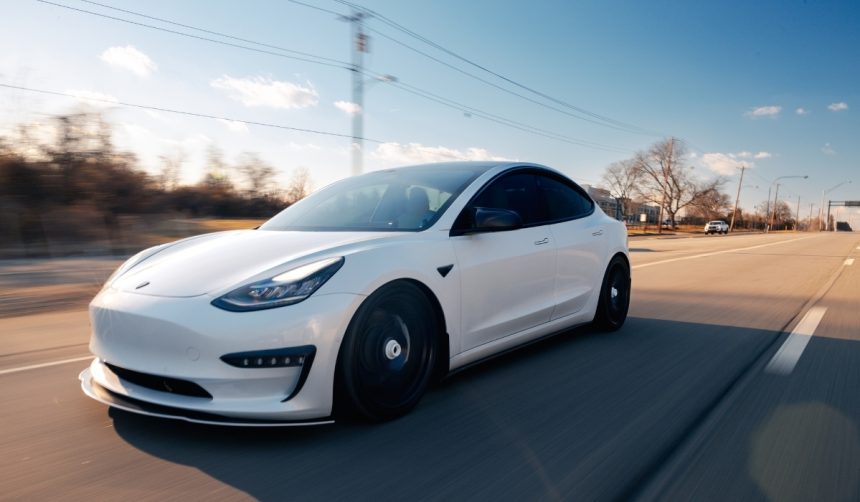US President Donald Trump’s recent tariff announcement has sent ripples through India’s automotive sector, particularly affecting Tesla‘s supply chain. As the US imposes significant taxes on imported vehicles and auto parts, key Indian suppliers face uncertain futures. The decision not only impacts stock prices but also strategic plans for expanding Tesla’s presence in the Indian market.
Indian auto suppliers have previously navigated international trade tensions with varying degrees of resilience. The current tariff imposition is reminiscent of past protectionist measures, which had mixed effects on domestic industries. Unlike earlier instances, the global shift towards electric vehicles may amplify the impact of these tariffs on companies linked to Tesla.
How Will Tariffs Affect Tesla’s Expansion in India?
The 25% tariffs imposed by the US government are anticipated to disrupt Tesla’s efforts to enter the Indian market. Although Tesla has commenced the certification process for two vehicle models in India, the added costs from tariffs could reduce their competitiveness against established brands, potentially delaying or scaling back expansion plans.
“The impact on the EV giant is significant,”
Which Suppliers Are Most Impacted by the Tariffs?
Several of Tesla’s Indian suppliers have experienced significant stock declines following the tariff announcement. Tata Motors’ shares fell by 5%, and Sona Comstar, Tesla’s largest supplier in India, dropped over 4%. Additionally, Samvardhana Motherson and Bharat Forged saw declines of over 2% and 0.4% respectively, as their revenues are heavily reliant on the US market.
What Is the Broader Impact on the Global Auto Industry?
The tariff news not only affected Indian suppliers but also led to broader losses across global carmakers such as Toyota, Hyundai, Stellantis, and Ford. These companies saw their shares slide as investors reacted to the potential increase in costs and disruptions in supply chains, highlighting the interconnectedness of the global automotive market.
The imposition of high tariffs on imported vehicles and parts could encourage Indian suppliers to seek alternative markets or adapt by increasing local production. Companies may need to reassess their supply chain strategies to mitigate the financial impact. Furthermore, consumers in the US might face higher prices for imported cars, which could influence their purchasing decisions and shift demand toward domestically produced vehicles.










